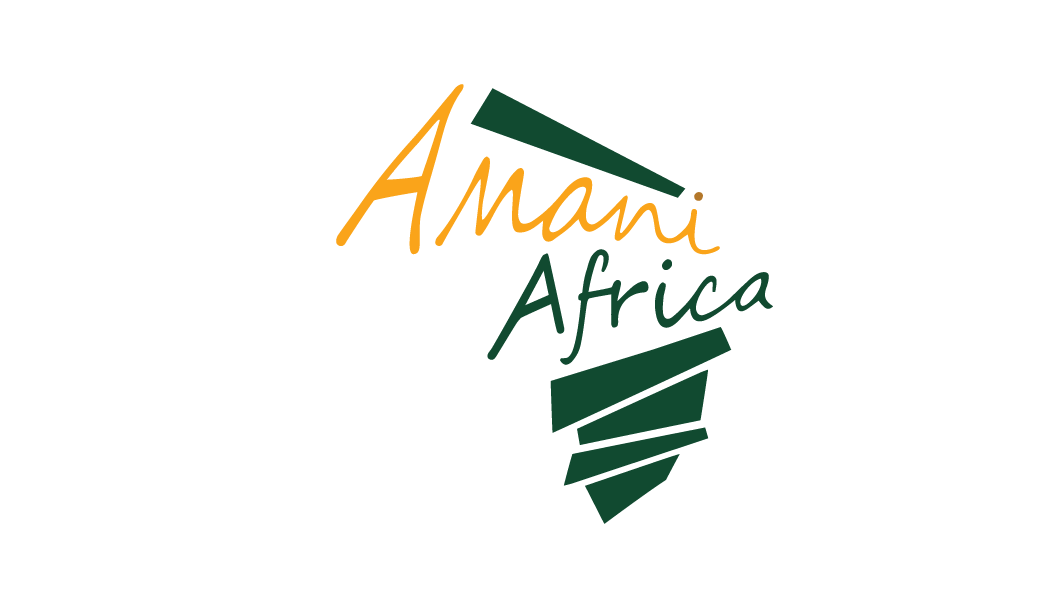Mapping of African Union Decision Making Actors and Processes
Concept Note
The African Union (AU) marks the 20 years of its inauguration in 2002 at a time different from what obtained in Africa at the turn of the century. Apart from the factors that necessitated its establishment in 2000, the role it has played in various areas of Africa’s international relations and recent developments such as the launch of the African Continental Free Trade Area and its exemplary leadership in Africa’s response to the COVID-19 pandemic have deepened both its influence and its growing significance. In the context of this growing stature of the AU, the need for intimate understanding of AU’s decision-making actors and processes as well as dynamics has increasingly become pressing. In the absence of such understanding and knowledge, various actors within and outside the AU system who are invested in the effective functioning of the AU will find it very difficult to properly make their respective contributions and meaningfully engage the continental body.
Despite the importance of good understanding of AU’s decision-making processes and the role of various actors and how these actors exert their influence in these processes, it is not a subject that had received the level of public, scholarly and policy interest. In the context of both the points highlighted in the foregoing paragraph and the institutional reform of the AU in which AU decision-making is one of the areas on which specific spotlight is put, it has become necessary to interrogate and shed light on the AU decision-making actors, processes and dynamics.
Against the background of the foregoing and as part of Amani Africa’s work towards a comprehensive mapping of AU policy actors and processes, Amani Africa convenes a special hybrid symposium to bring various stakeholders and to provide platform to reflect on the salient features and dynamics in AU’s decision making and the kind of role actors play in the processes. The event is centered on answering questions such as who are the AU decision-making actors? What informs their role and how do they engage in AU decision-making processes? How does the AU go about decision-making or policy making? What are the processes for such decision/policy/law making in the AU and how do they affect AU’s delivery on its mandate? Based on both their scholarship and policy experience on the AU, our panelists will help us address these and related questions, thereby contributing to our deepening understanding of the AU and thereby our ability to engage meaningfully with the policy making processes of the continental organization.
Program
Hyatt Regency/Zoom
28 April 2022
14:00-17:00 EAT
Moderator: Bitania Tadesse, Program Director, Amani Africa
14:00-14:07 H.E. Amb. Julia Niblett, Ambassador of Australia to the AU
14:10-14:30 Amb. Dr. Namira Negm, Immediate past Legal Counsel of the AU and Director, AU Migration Observatory
14:30-14:50 Dr. Solomon Dersso, Founding Director, Amani Africa
14:50-15:05 Prof Thomas Kwasi Tieku, Associate Professor at King’s University College, University of Western Ontario
15:05-15:20 Ambassador Hope Tumukunde, Permanent Representative of Rwanda to the AU and Chairperson of the Permanent Representatives Committee of the AU (2018)
15:20-15:35 Faten Aggad, Senior Advisor Climate Diplomacy and Geopolitics, African Climate Foundation
15:35-16:50 Discussion
16:50-17:00 Closing
17:00 Reception
